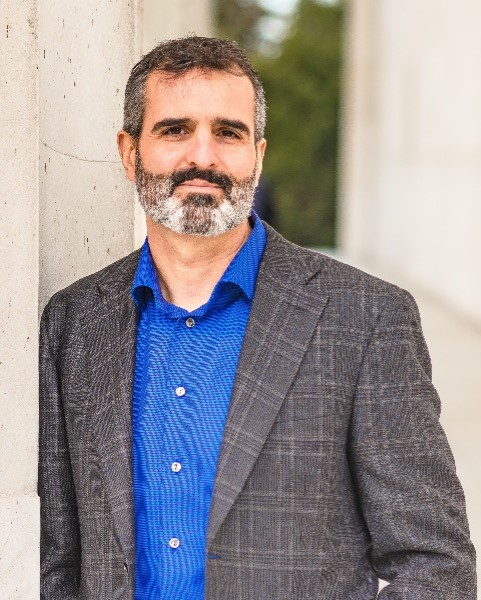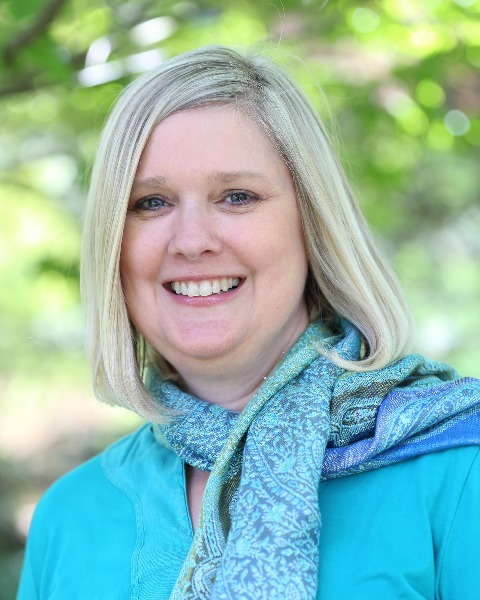 Clinical education processes provide a wealth of opportunities for ethical conflict to occur. Balancing the needs of students and clients, demonstrating impartiality among supervisees, addressing cultural differences, and tensions between what is taught in the classroom and what occurs in clinic are just a few of the common ethical problems faced by clinical educators. Knowing how to apply and make decisions that are in harmony with the ASHA Code of Ethics can be challenging. This session addresses ethical principles and applying them to clinical education using guides for ethical decision-making.
Clinical education processes provide a wealth of opportunities for ethical conflict to occur. Balancing the needs of students and clients, demonstrating impartiality among supervisees, addressing cultural differences, and tensions between what is taught in the classroom and what occurs in clinic are just a few of the common ethical problems faced by clinical educators. Knowing how to apply and make decisions that are in harmony with the ASHA Code of Ethics can be challenging. This session addresses ethical principles and applying them to clinical education using guides for ethical decision-making.
Learning Objectives
- Describe an ethical decision-making model.
- Apply essential functions to an ethical decision-making model.
- Analyze a case study using an ethical decision-making model.
Agenda
- 15 minutes – Ethics vs. Morality; Ethics vs. Values
- 15 minutes – Ethical Decision-Making Models
- 15 minutes – Essential Functions and Ethics
- 10 minutes – Case Study
- 5 minutes – Q and A
Instructors
Michael Bamdad, M.A.
Director of Clinical Education
The George Washington University
Michael J. Bamdad has worked with TBI patients and their families for over 20 years. He has been published and speaks nationally and internationally on the topics of executive functioning deficits and pragmatic disorders. He is currently working in the Department of Speech and Hearing Science at The George Washington University.

Disclosures:
Financial: Salary George Washington University; Received honorarium for this course
Non-financial:Current CAPCSD Board President-Elect
Katie Strong, Ph.D.
Assistant Professor
Central Michigan University
Katie Strong, Ph.D. CCC-SLP is an Assistant Professor at Central Michigan University's Department of Communication Disorders. Katie is currently CAPCSD's Treasurer. She is the owner of Strong Speech Consulting, Inc. Her research interests are in aphasia and the use of personal narratives in identity renegotiation as well as SoTL.

Disclosures:
Financial: Central Michigan University; Received honorarium for this course
Non-financial: former CAPCSD Board Member
ASHA CEUs

NAVIGATING THIS COURSE
In order to successfully complete this course, the user must complete the four (4) sections below - Learn, Assess, Evaluation, and Certificate of Completion.
When you click on "Learn" and select the "Launch Content" button, you may be asked to turn off your 'pop-up blocker'. For assistance with how to turn off pop-up blockers search Google, Firefox, Safari, Edge.
Important Note! The "Launch Content" button will open the course in a new window (not in a new tab).
If you see the following note but no pop-up blockers are on, please disregard.
- The course is still open in another window.
- You will find the open course by going to your toolbar and hovering over the browser icon.
- Click on the course window to return it to full screen.
